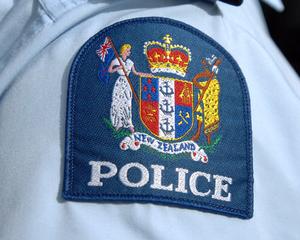Sentencing has had to be delayed in an historic Christchurch case -- New Zealand's first second strike violent offender.
Last week's earthquake prevented the sentencing going ahead today for 20-year-old Manahi Ripia and he made a brief appearance in a temporary court at Christchurch Men's Prison to have a new date set.
The unemployed Wainoni man was meant to be sentenced in the Christchurch District Court but pre-sentence preparations could not be completed, and Judge Gary MacAskill today remanded him in custody to May 27.
That is a nominal date while crown sentencing arrangements are made.
Michael Starling appeared as defence counsel at a session for prisoners on remand in custody, since the Christchurch Court House is off limits within the central business district cordon. Arrest cases are being handled at the Rangiora Court House this week.
Ripia has pleaded guilty and is awaiting sentence for aggravated burglary and a succession of robberies. He was on bail after receiving a first strike warning when he committed another aggravated robbery and again pleaded guilty.
That led to him being read New Zealand's first second strike warning on January 26 and he was remanded in custody for sentence today.
The three strikes law came in as part of the Sentencing and Parole Bill which was passed by Parliament last May, aiming to remove parole eligibility for the worst repeat violent offenders. About 40 crimes are listed as qualifying offences under the Act.
On a first strike, the judge reads the offender a warning about heavier penalties for further violent or sexual offending.
For a second offence, a jail term will be imposed with no parole -- the offender will serve the whole prison term without remission -- and there is a second warning.
For a third strike, the offender will serve the maximum penalty for the offence, with no parole.






